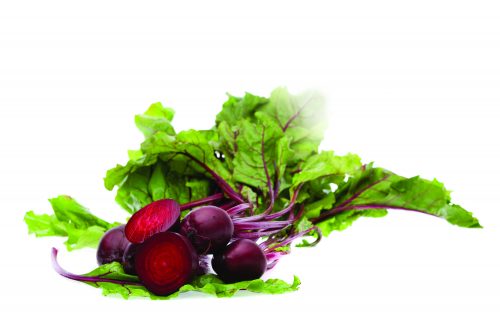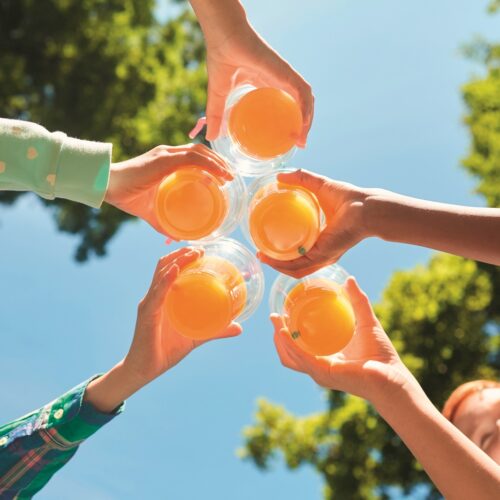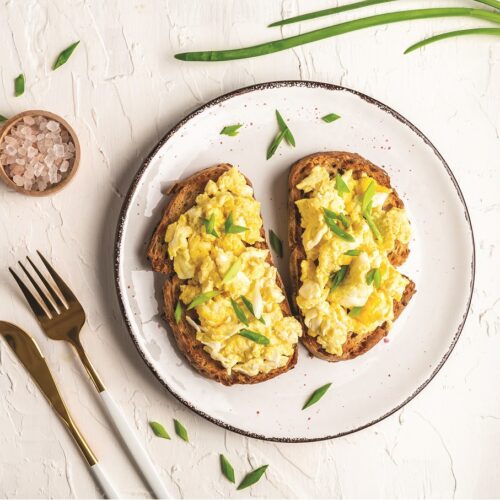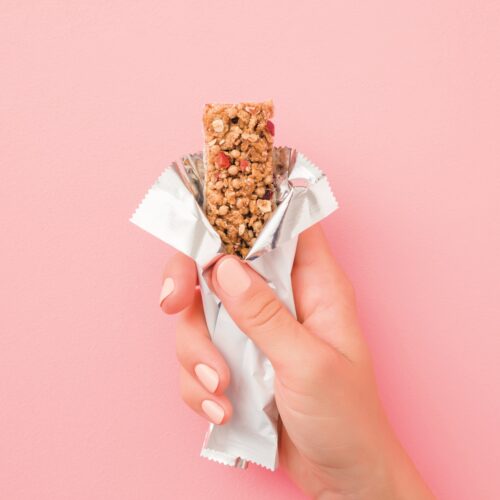
Where would the iconic Aussie and Kiwi hamburger be without this vegie?
Beets can be white, golden or multi-coloured – although these are not common in New Zealand. The purple and yellow pigment blend gives the beetroot we know its deep scarlet colour.
Buying
Select firm and smooth beetroot as beetroot with a scaly surface tends to be tougher. Ensure leaves are fresh, bright green with pinkish veins.
Storing
Keep flesh intact as cut beetroot will ‘bleed’. Store beetroots, unwrapped, in the fridge crisper and place leaves in a plastic bag in the fridge.
Nutrition
Beetroot contains a good amount of fibre, folate and potassium. Betacyanins are the compounds producing their vibrant colour: these have good antioxidant activity and are not found in many foods. If you have pink or red urine after eating beetroot (known as beeturia), don’t be alarmed: ten per cent or more of the population have the same experience.
Using beetroot
The young leaves of beetroot can be prepared like spinach – add to salads or stir-fries. The root can be boiled, steamed, microwaved, baked (try Creamy roasted beetroot and chive risotto), or simply eaten raw, grated into a salad. Try this beetroot salad from Healthy Food Guide editor, Niki Bezzant.
Salmon, brown rice, rocket and beetroot salad
Serves 1
Place the following ingredients in a salad serving bowl:
3/4 cup cooked brown rice
handful rocket
1 small beetroot, grated
1 radish, grated
good chunk fresh ginger, grated
1 1/2 red chillies, sliced
100g (ish) hot-smoked salmon
Drizzle over a dressing made with sesame oil, lemon juice and a dash of soy sauce.
Did you know? Beetroot is one of the sweetest vegetables. It contains more sugar than carrots or sweet corn.
www.healthyfood.com










